DIY Wooden Shelf Covers (with Router Tool Hack!)

If you're like me, you've seen this wooden shelf cover DIY a few times before. Based on what I'd seen, I planned to whip up four of these shelf covers for my mom's wire panty shelves in an afternoon. While that is totally possible, I didn't realize that every tutorial I'd found involves using a wood router - a tool I hadn't heard of before and wasn't interested in purchasing. While that was a little hiccup in my plan (it's always a good idea to read a full tutorial before you jump in), it challenged me to come up with my own tutorial for those of us who don't have a wood router on hand. This can most definitely be a project for one afternoon - just make sure you have all the materials you need before you start!
Here's a before of the wire pantry shelves. These wire shelves are pretty standard in a builder grade closest because they're an inexpensive and effective way to create storage space.
Hometalk Recommends!
For each shelf, I bought a 2ft by 4ft piece of 1/4in plywood and two 1x3s (depending on the length of the 1x3s you buy, you can use for multiple shelves). This project also required my table saw, miter saw, nail gun, wood clamps, and wood glue. If you don't have the saws needed, you can get your pieces cut at the hardware store.
I used the table saw to cut my 1/4in plywood to size. The width of your wire shelf will be the width of your plywood. To determine the length of your plywood measure the depth of the wire shelf and add 1/2in (this will make sense in later steps). For example, my wire shelves were 31in wide so this was the width of my plywood and 16in deep so the length was 16.5in. I used the miter saw to cut my 1x3s to length. These two pieces will run along the front of the shelf (covering the wire lip) so I cut it to the width of the wire shelves - 31in.
This is the point at which most tutorials will have you use the wood router. The point of the router is to create an indent in which the plywood can sit on the 1x3 where they meet (picture the plywood sitting on top of your wire shelf and your 1x3 across the front). Without some kind of indent to support the plywood, it will be very difficult to attach these two pieces. We're going to avoid the router but still give the plywood something to sit on to make the two pieces easier to attach. This is where the second 1x3 comes into play. Start by using the table saw to cut 1/4in off the width. Now you should have two 1x3s that are the same length but have a different of 1/4in in width.
Use wood glue and nails to attach the two pieces like the picture below. Hopefully now this little "indent" that the plywood will sit on makes more sense!
Use wood glue and nails to attach the plywood to the 1x3s by laying in the indent you created in the last step. The 1/2in that you added to the depth of the wire shelf to determine the depth of your plywood at the beginning is to to account for that 1x3 that the plywood sits on top of.
Sand your shelf cover so that the surface is smooth! Use your favorite stain to finish up. I like to start with a pre-stain wood conditioner to help the stain absorb evenly and a polycrylic top coat to protect it.
Enjoyed the project?
Resources for this project:
See all materialsComments
Join the conversation
-
 Em
on Sep 02, 2021
Em
on Sep 02, 2021
That is a lot of excess weight. Use thinner wood to tack onto the ply. Use loctite adhesive to attach it to the front of the ply shelving
-
 Cassandra Campana
on Sep 02, 2021
Cassandra Campana
on Sep 02, 2021
This worked great for me but thanks!
-
-
-



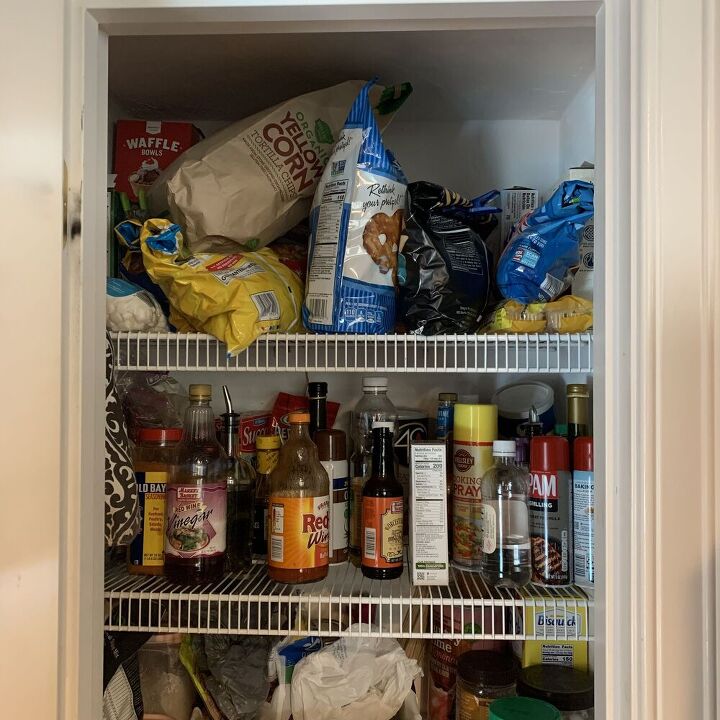
















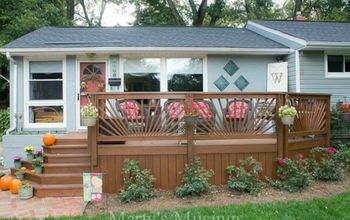
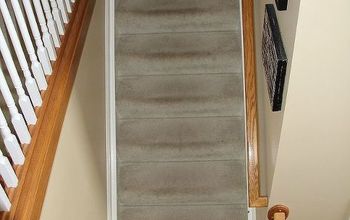



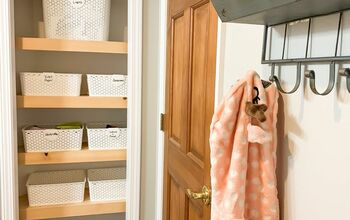
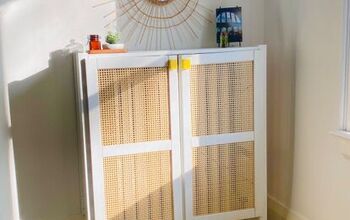
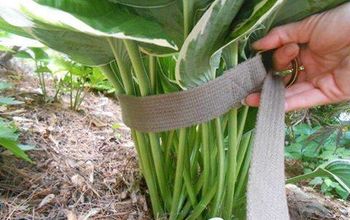
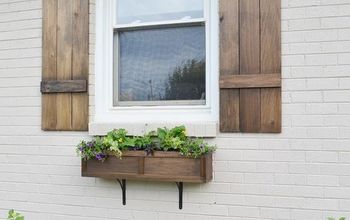
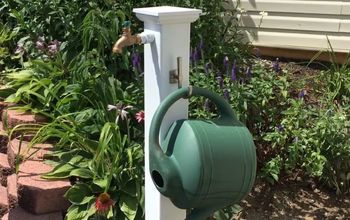
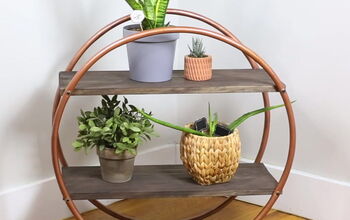
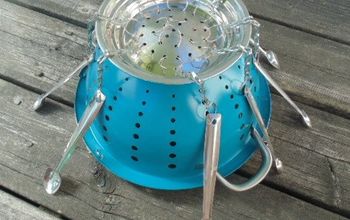

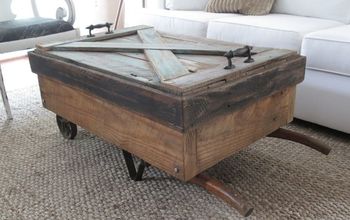

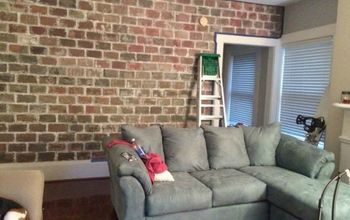
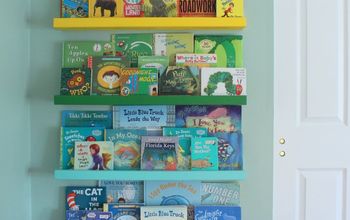
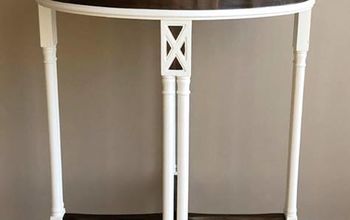

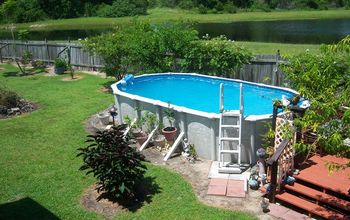

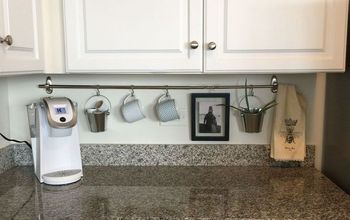
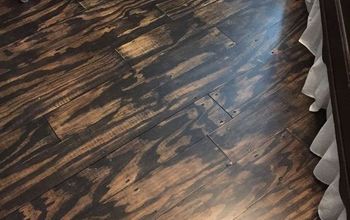
Frequently asked questions
Have a question about this project?
How much shelf height do you lose? Can you draw the covers forward to get better access to items (I guess to a point)? That would need an upstand to the back of the shelf cover to stop thing hurtling off the back - and wouldn't work if the door frame is narrower than the shelf width. Cool idea though.
I like this but I have had issues with wire shelving falling down with too much weight on them. Have you had any problems like this?
My only question is how did you do this for $15 if you had to buy all that plywood?